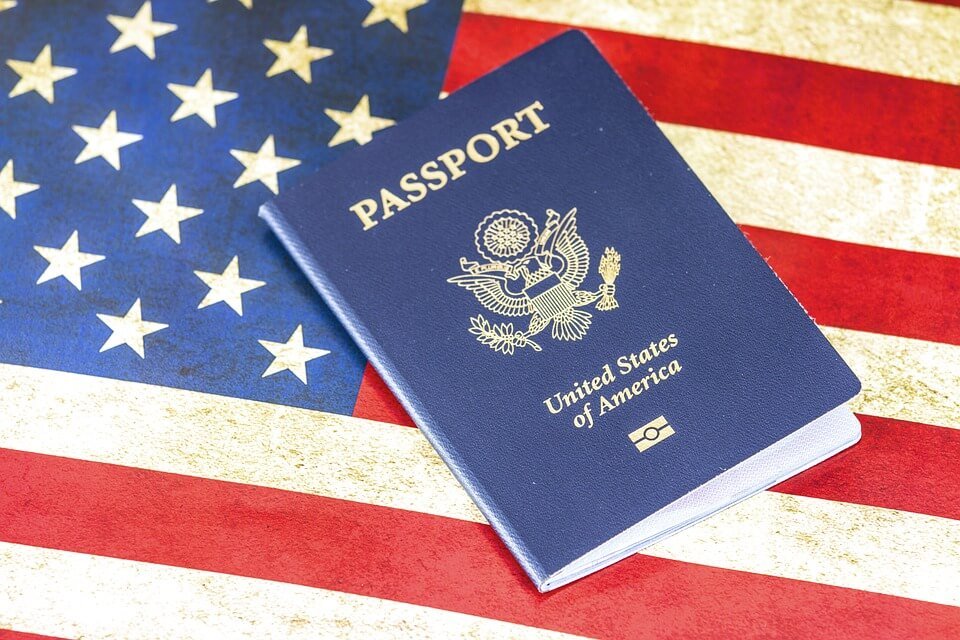Business
Federal judge blocks President Trump’s latest travel ban
Judge Derrick K. Watson believes the new ban “plainly discriminates based on nationality.”

During the first week of U.S. President Donald Trump’s term, he signed an executive order that banned nationals from Syria, Iraq, Iran, Libya, Yemen, Somalia, and Sudan to travel to the U.S. for 90 days, while Syrian refugees were indefinitely banned.
The executive order was also imposed on lawful permanent residents or green card holders, as well as to others who had a valid visa issued before the ban took effect. While the president seemed to have good intentions for the welfare of his nation, the ban was met negatively by protesters. Ultimately, a federal district court and the 9th Circuit Court of Appeals blocked the first ban.
A second albeit revised executive order was signed by Trump in early March. An NPR report stated that the difference with the second order to the original one is that it only applies to people from six majority-Muslim countries such as Syria, Libya, Iran, Yemen, Chad, Somalia and non-Muslim countries like North Korea and Venezuela.
Iraq was removed from the list and green card holders are exempt, as well as travelers with valid visas. In the case of Syrian refugees, they are no longer banned indefinitely but are still suspended for 120 days. As well, the number of Syrian refugees allowed into the U.S. this year was cut by over half.
Revised travel ban blocked a second time
The second revised travel ban is set to take effect on Wednesday, Oct. 18th, and even before it could be implemented, Hawaii District Judge Derrick K. Watson blocked the ban, at least temporarily. In a 40-page decision, Watson granted the state of Hawaii’s request for a temporary restraining order nationwide.
He also wrote that the revised order “plainly discriminates based on nationality” and that it goes against the founding principles of the U.S. Watson also wrote that the ban does not explain why “some types of visitors from a particular country are banned, while others are not.”

The travel bans imposed by Donald Trump has been twice rejected. Many are wondering if and when they’ll get passed. (Source)
However, the White House said that the blocking of the travel ban by Watson was “dangerously flawed” as it cuts Trump’s efforts to keep Americans safe and “enforce minimum security standards for entry into the U.S.” The White House also added that “These restrictions are vital to ensuring that foreign nations comply with the minimum security standards required for the integrity of our immigration system and the security of our Nation.”
What are those opposed to the ban saying and what comes after?
The International Refugee Assistance Project and the state of Hawaii sued over the travel ban and asked judges to block the updated one in federal courts in Hawaii, Washington state, and Maryland. Their stand on the ban is that Trump went over his legal authority to set the immigration policy.
Moreover, it fulfills his unconstitutional campaign to implement a Muslim ban. Maryland and Washington have yet to decide on the rule but arguments are slated on Oct. 30. While it looks like legal hurdles for the travel ban will likely continue for some time, it will be a question of whether the U.S. Supreme Court will take up the issue.
(Featured image by Gage Skidmore via Wikimedia Commons. CC BY-SA 3.0)

-

 Biotech4 days ago
Biotech4 days agoAdvancing Sarcoma Treatment: CAR-T Cell Therapy Offers Hope for Rare Tumors
-

 Impact Investing2 weeks ago
Impact Investing2 weeks agoShein Fined €40 Million in France for Misleading Discounts and False Environmental Claims
-

 Impact Investing1 day ago
Impact Investing1 day agoNidec Conversion Unveils 2025–2028 ESG Plan to Drive Sustainable Transformation
-

 Impact Investing1 week ago
Impact Investing1 week agoVernazza Autogru Secures €5M Green Loan to Drive Sustainable Innovation in Heavy Transport


























You must be logged in to post a comment Login